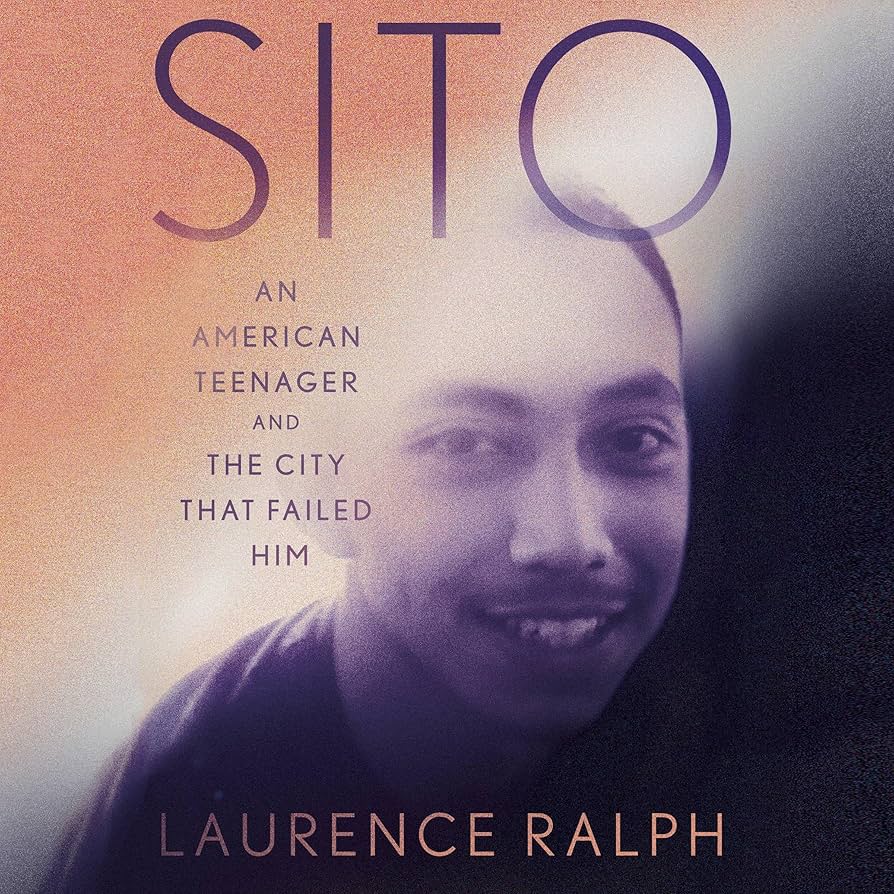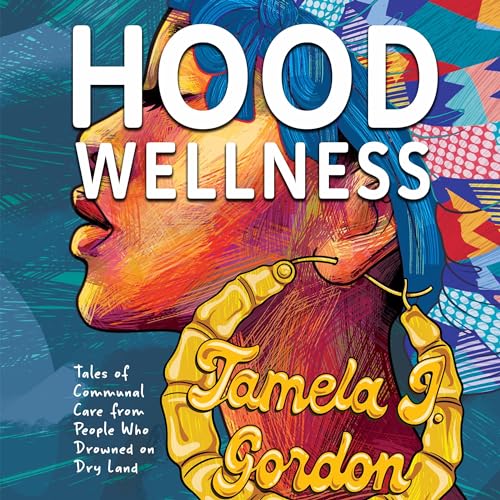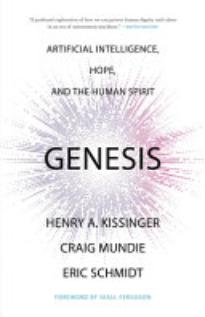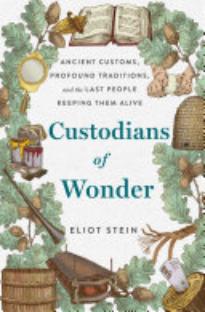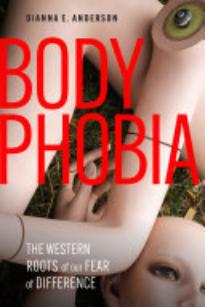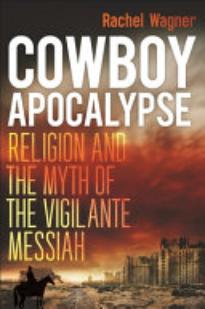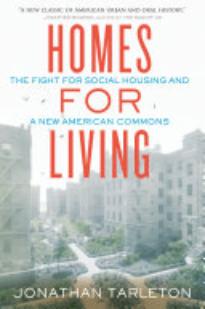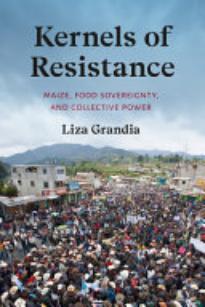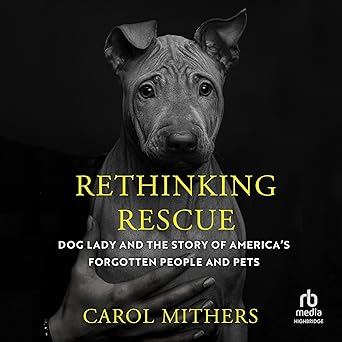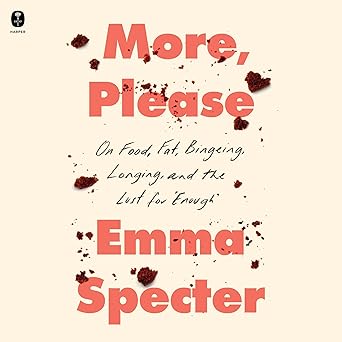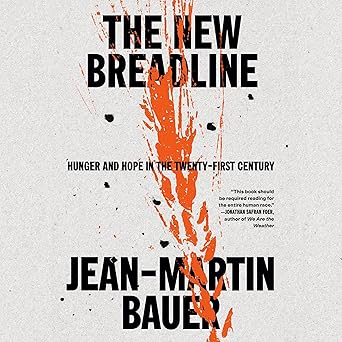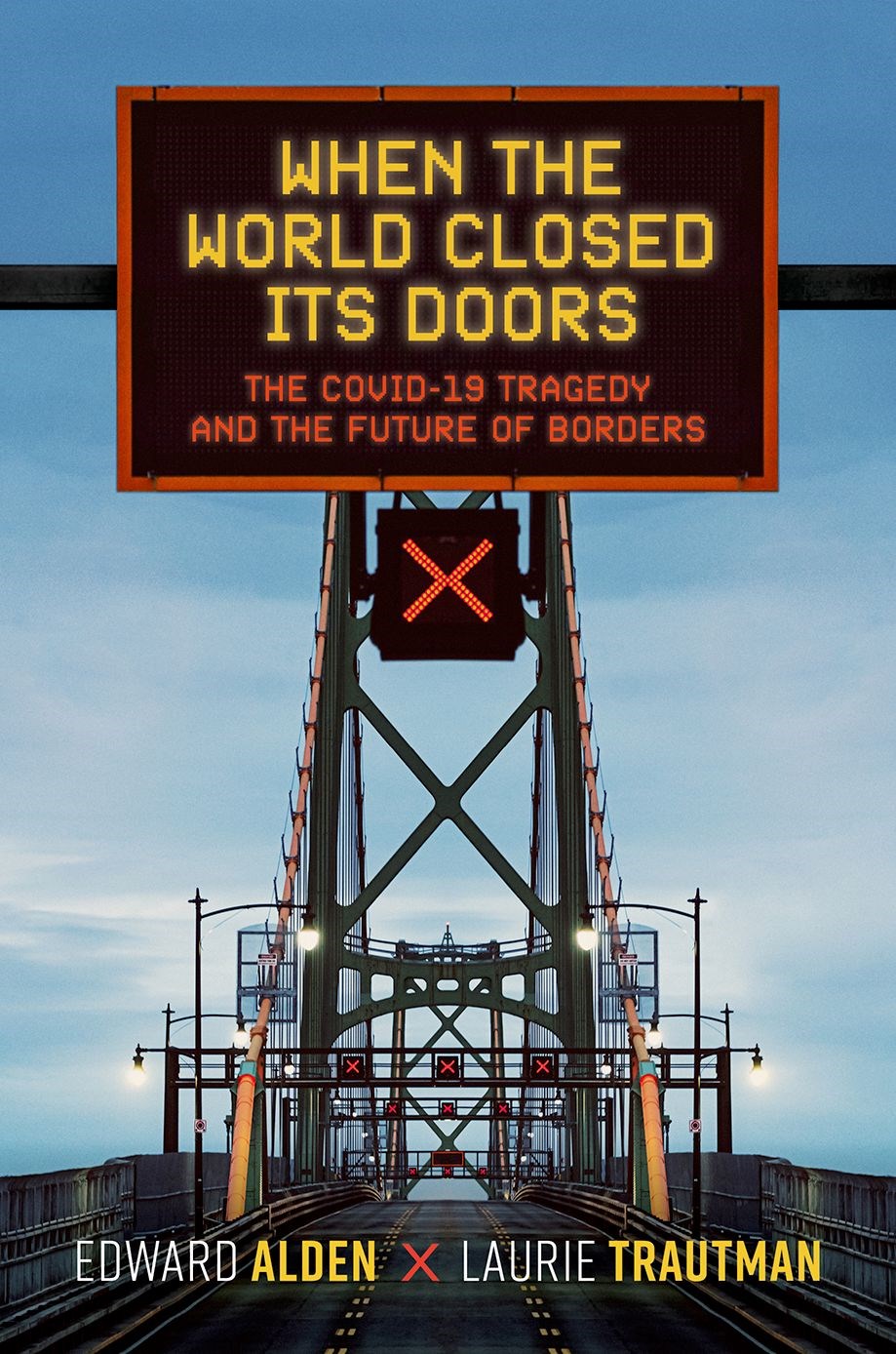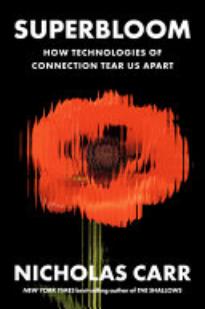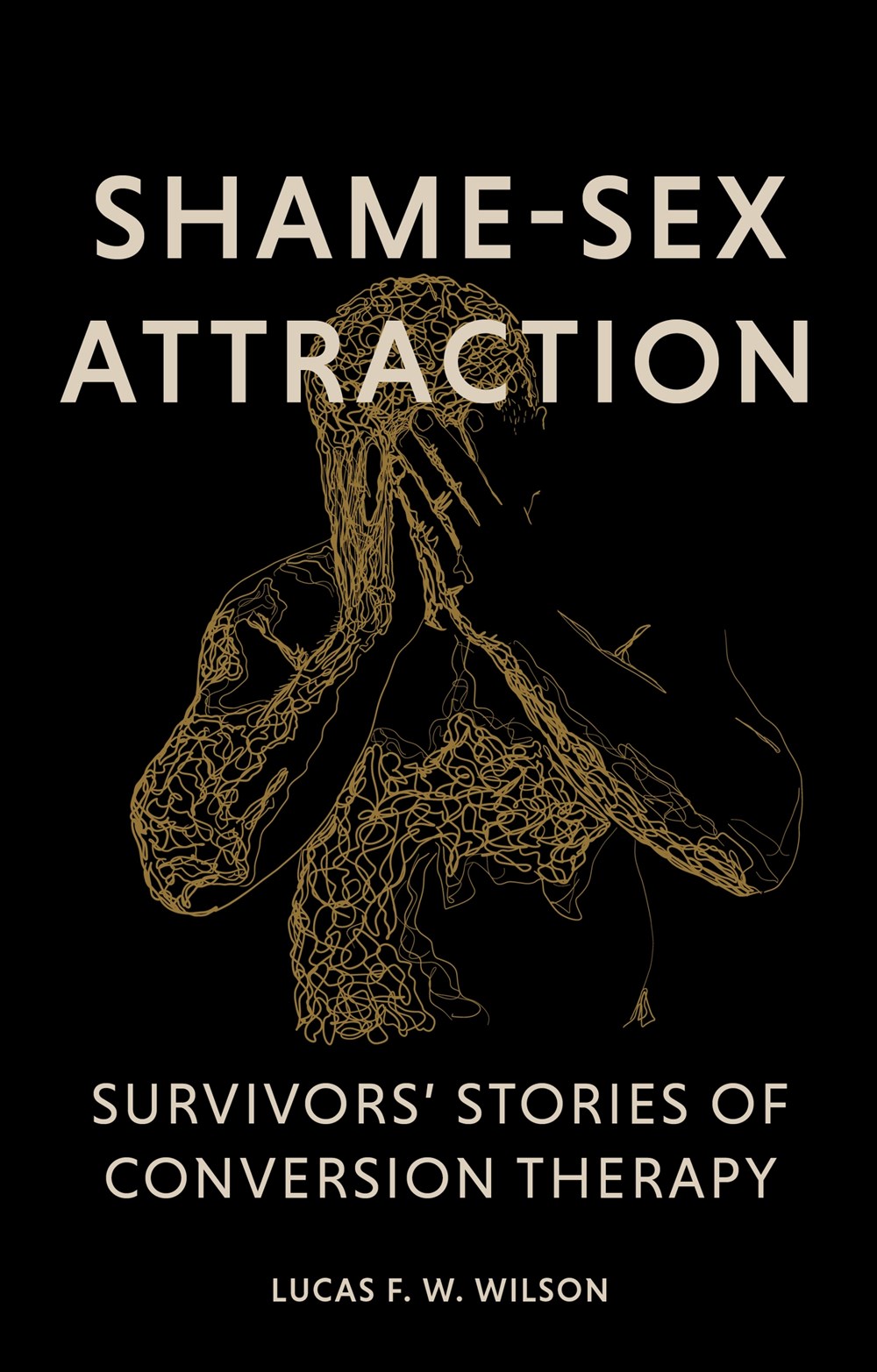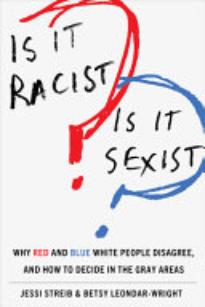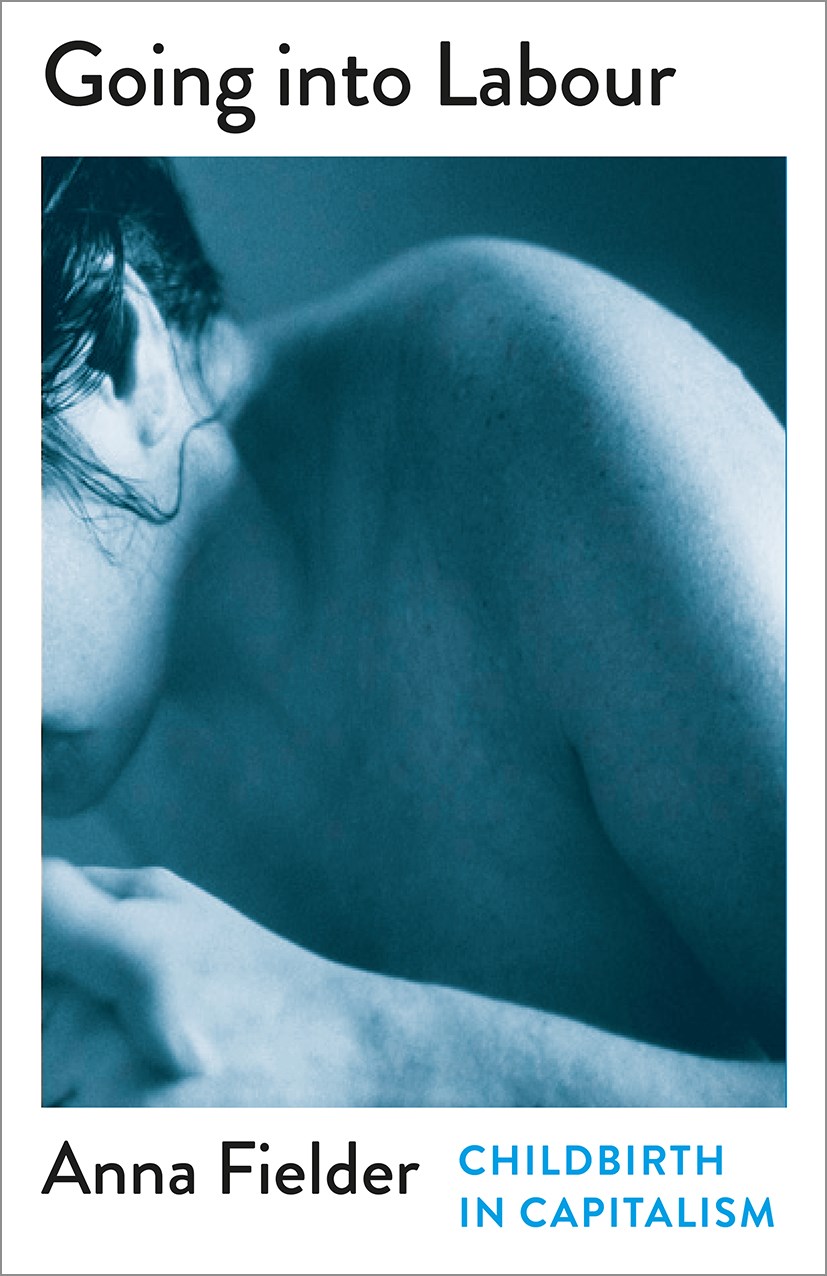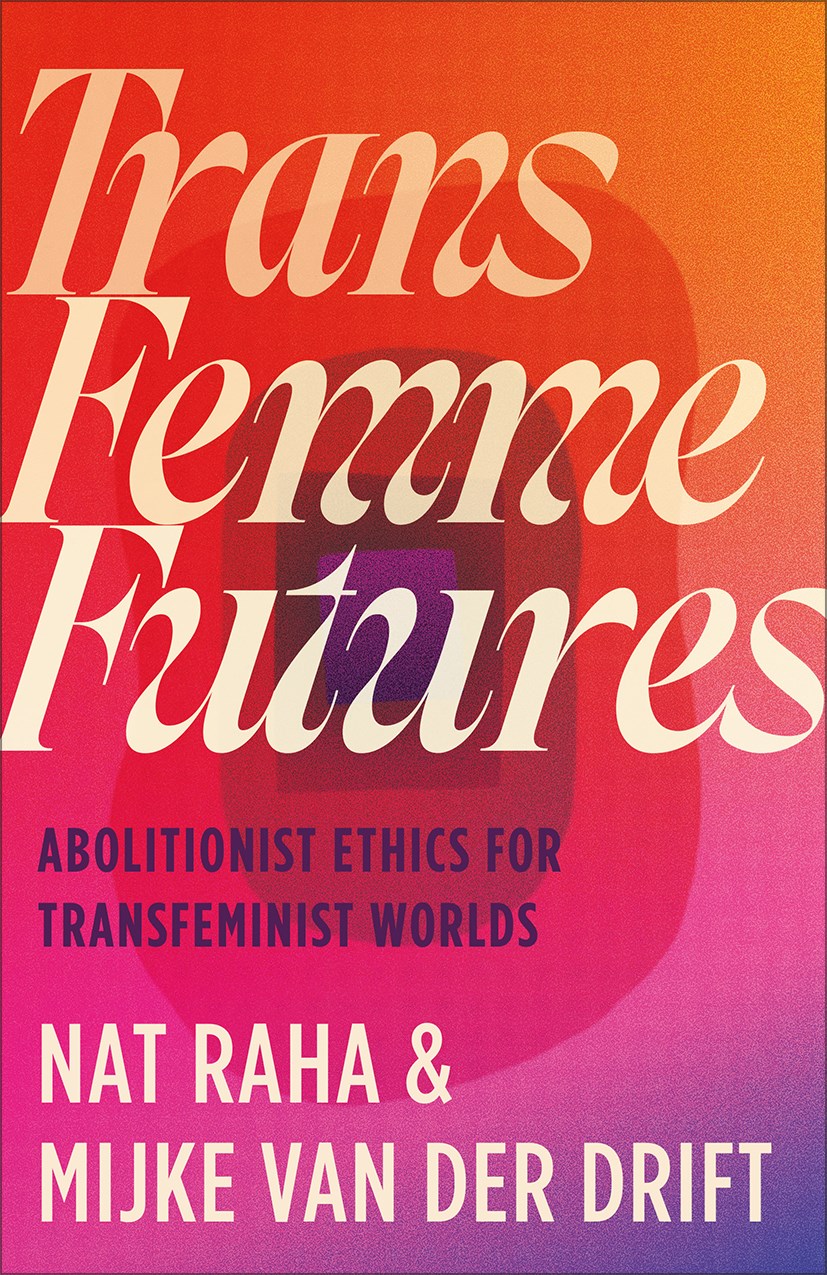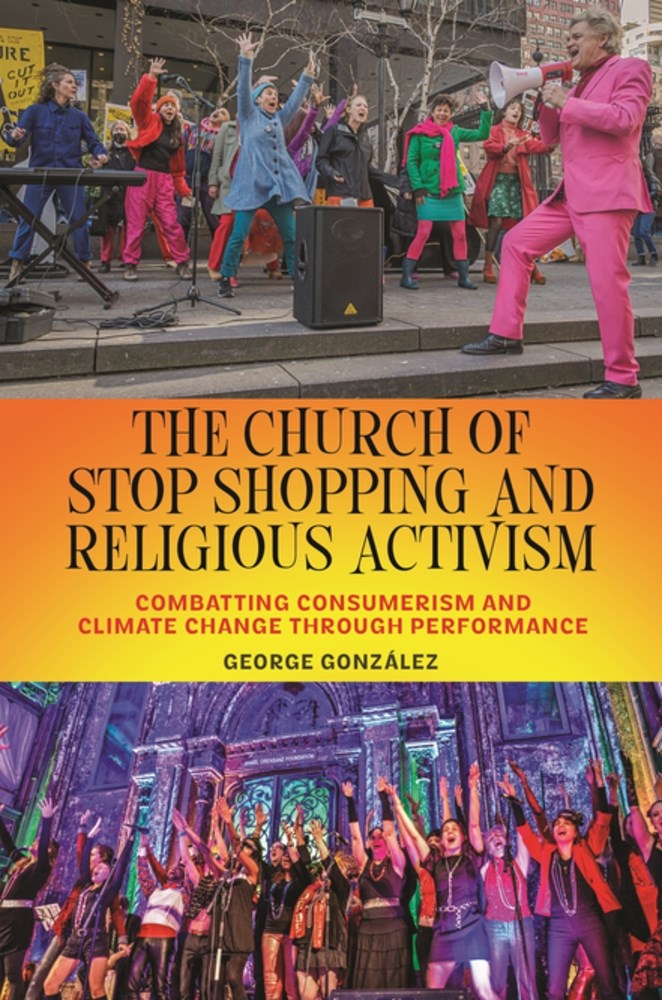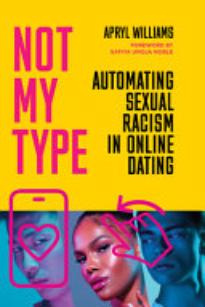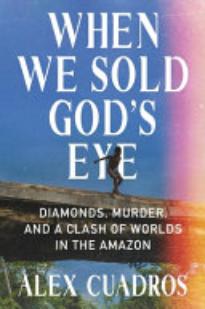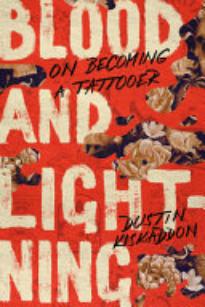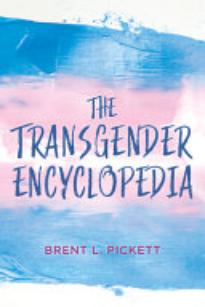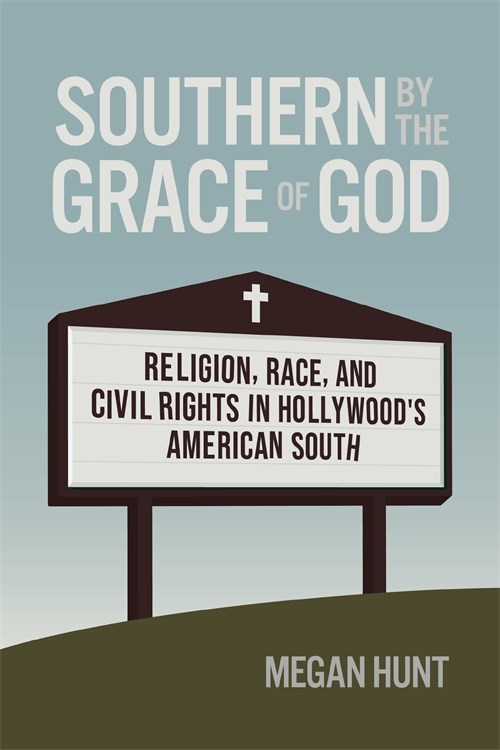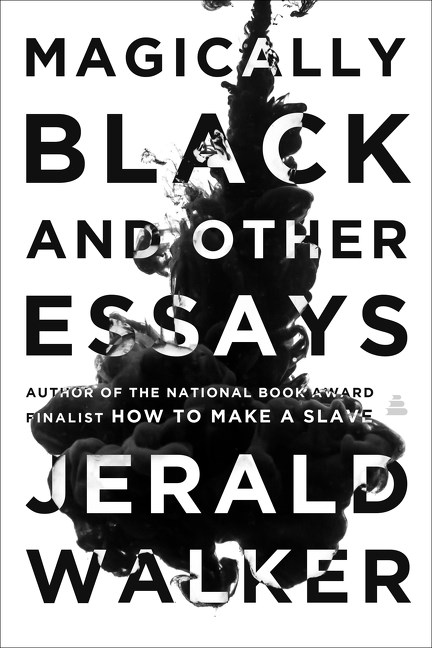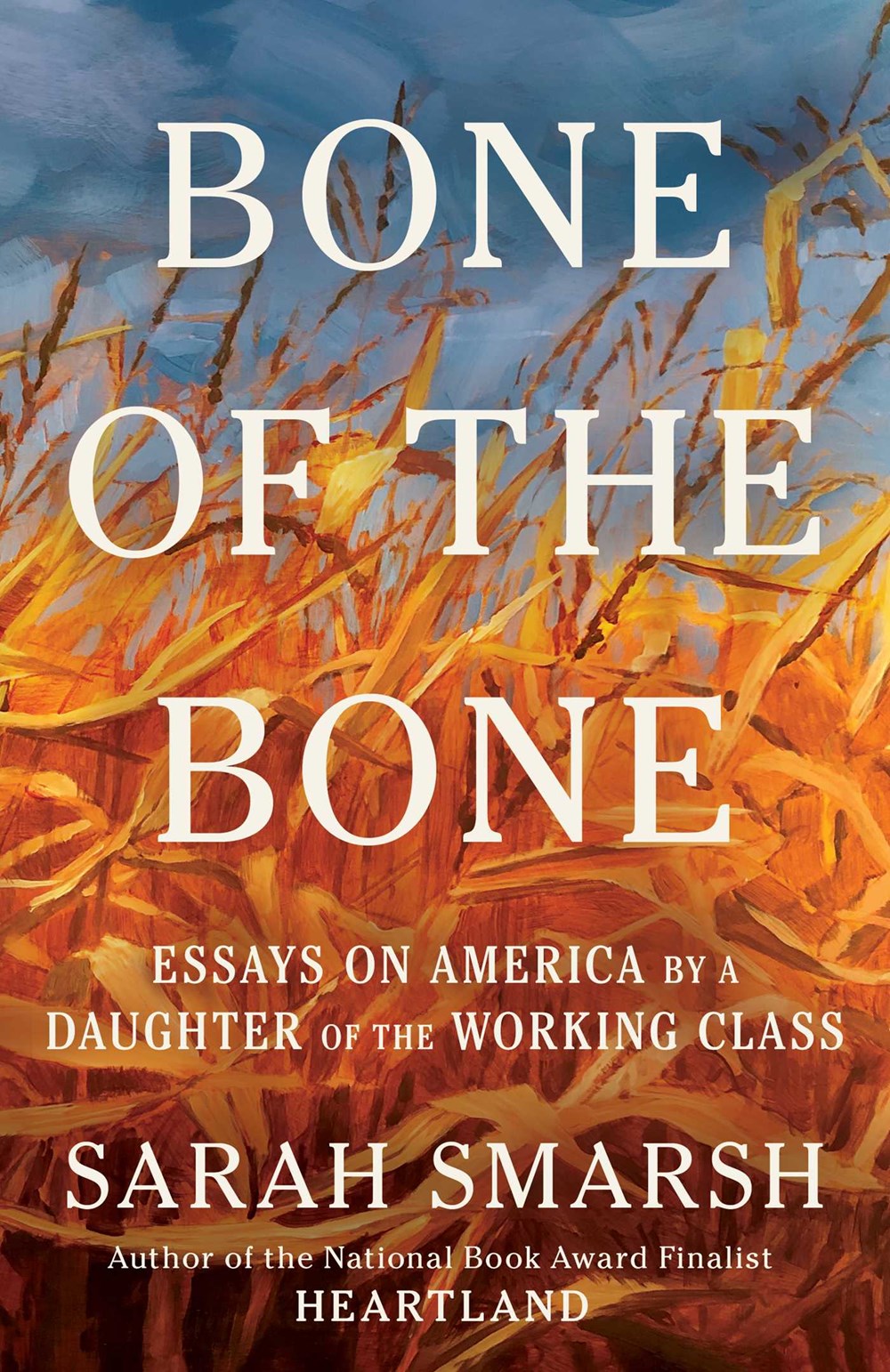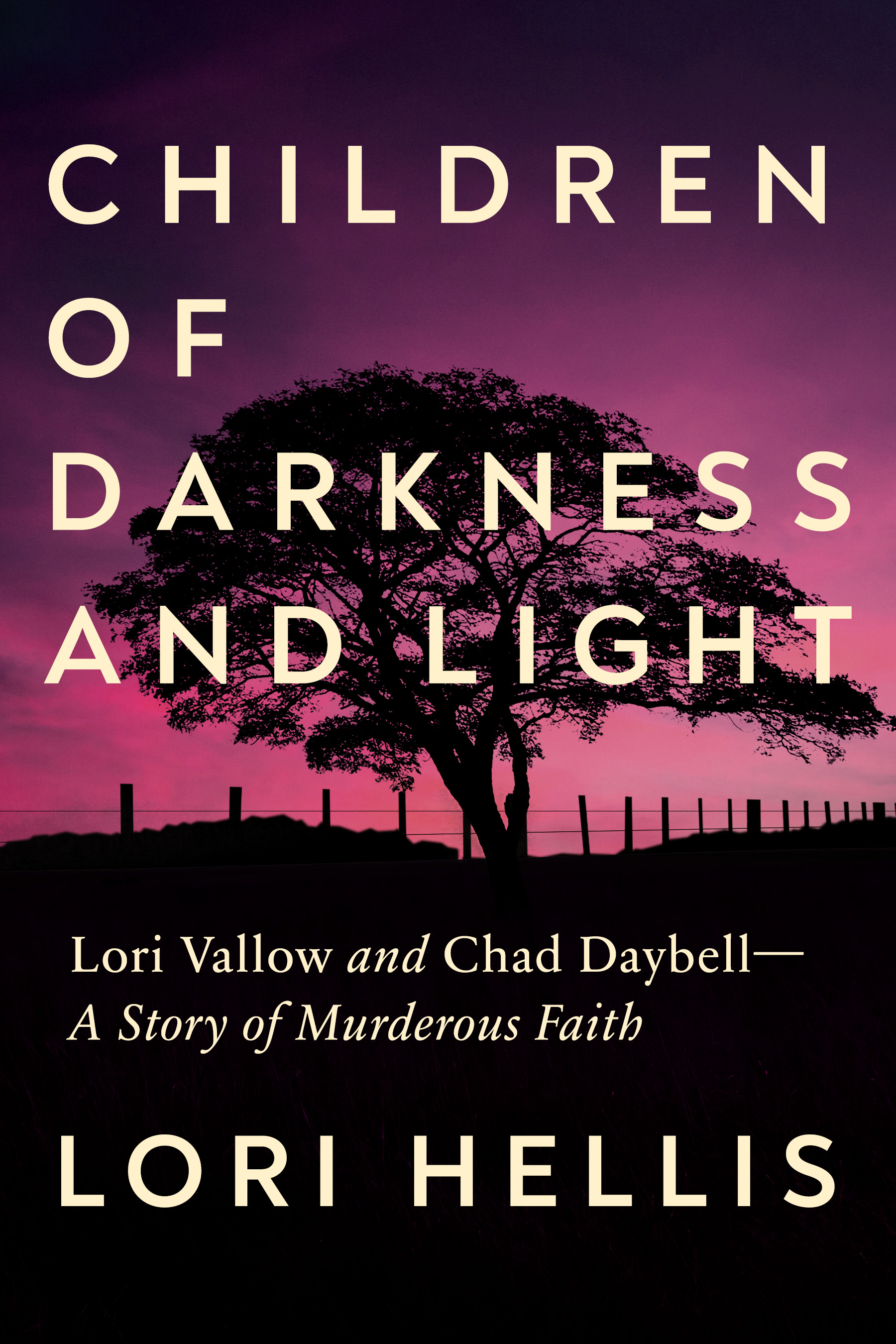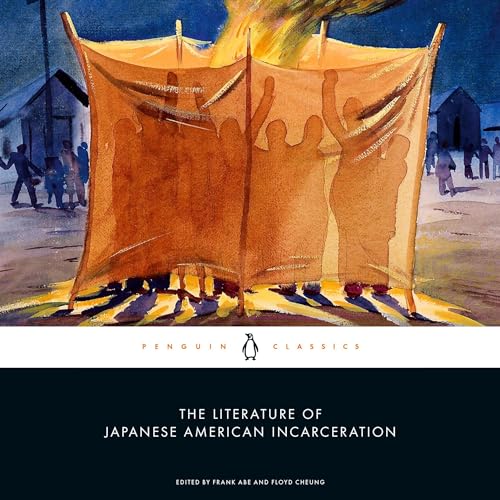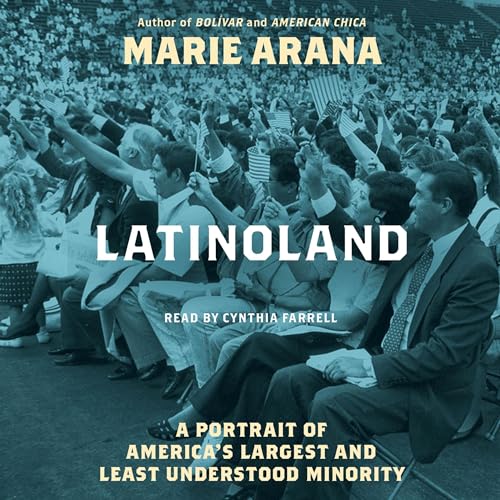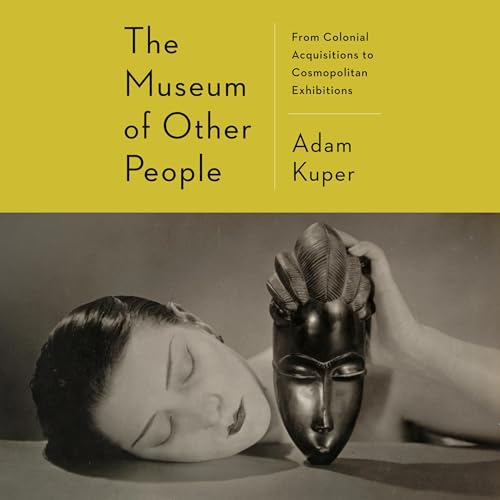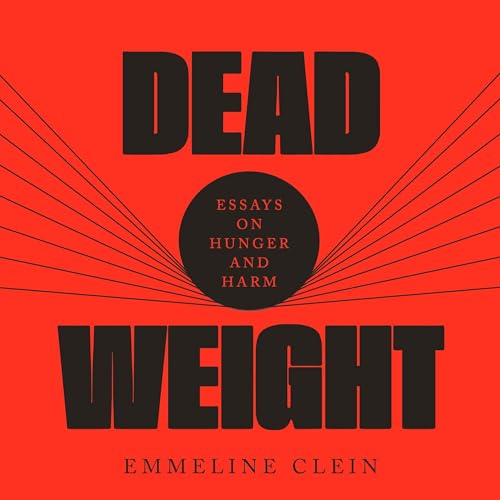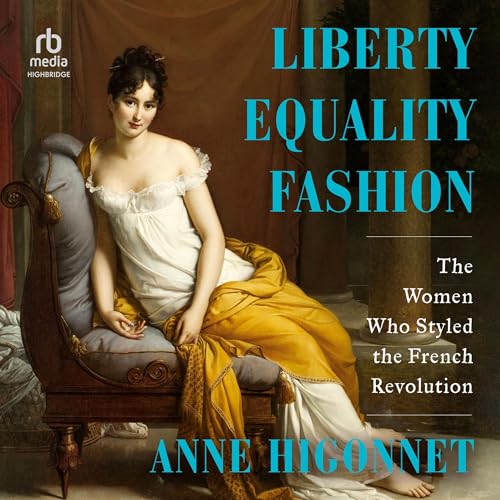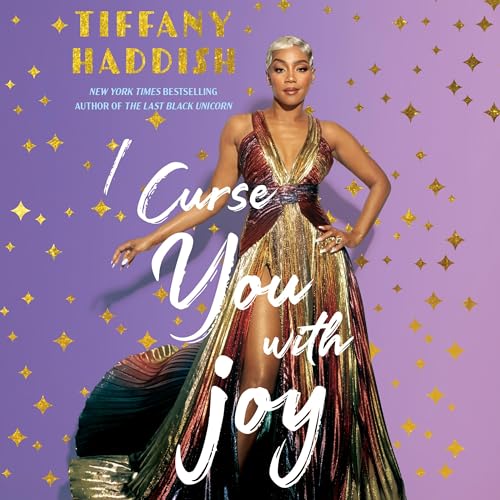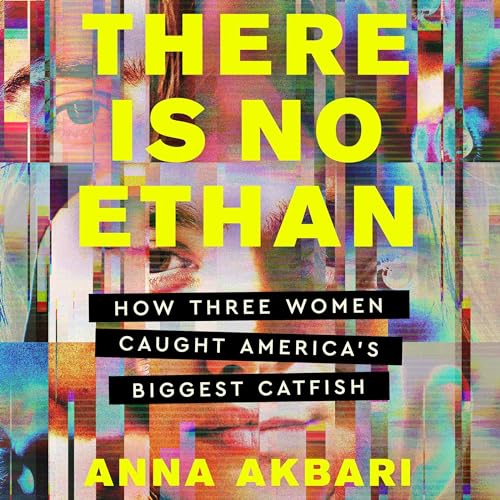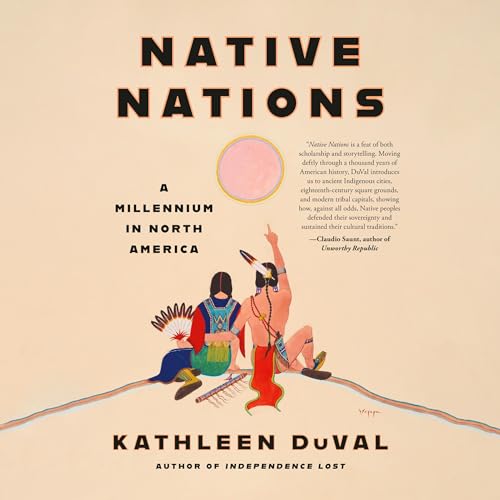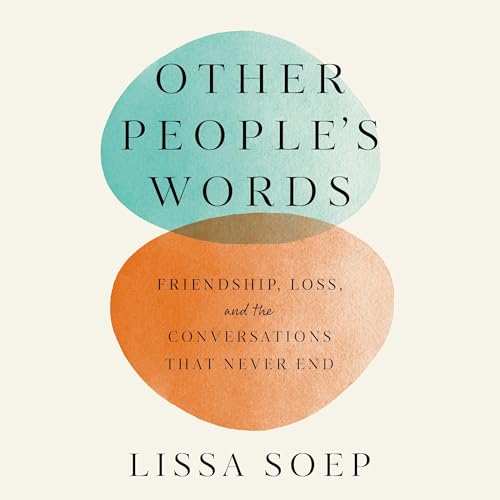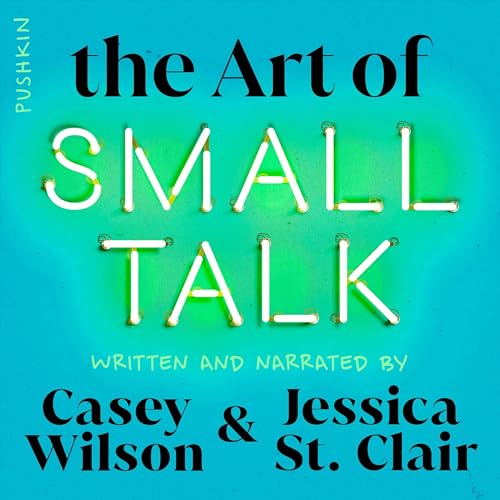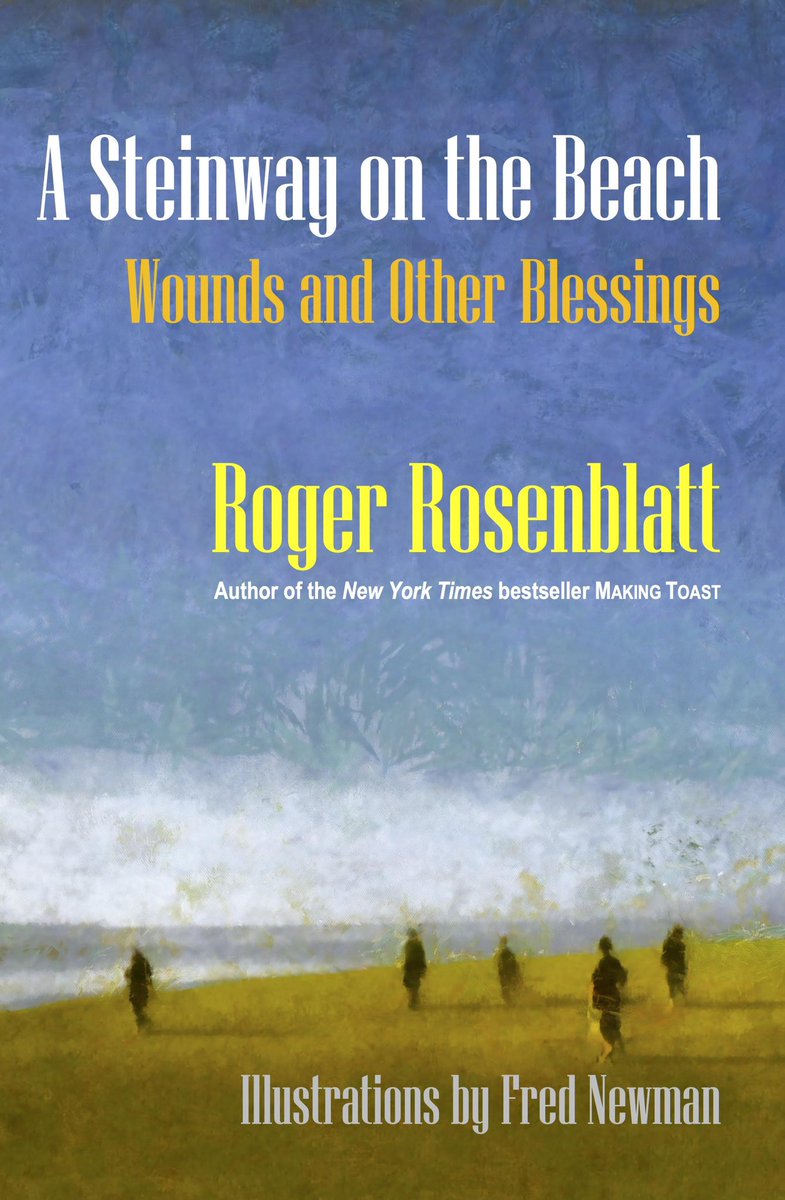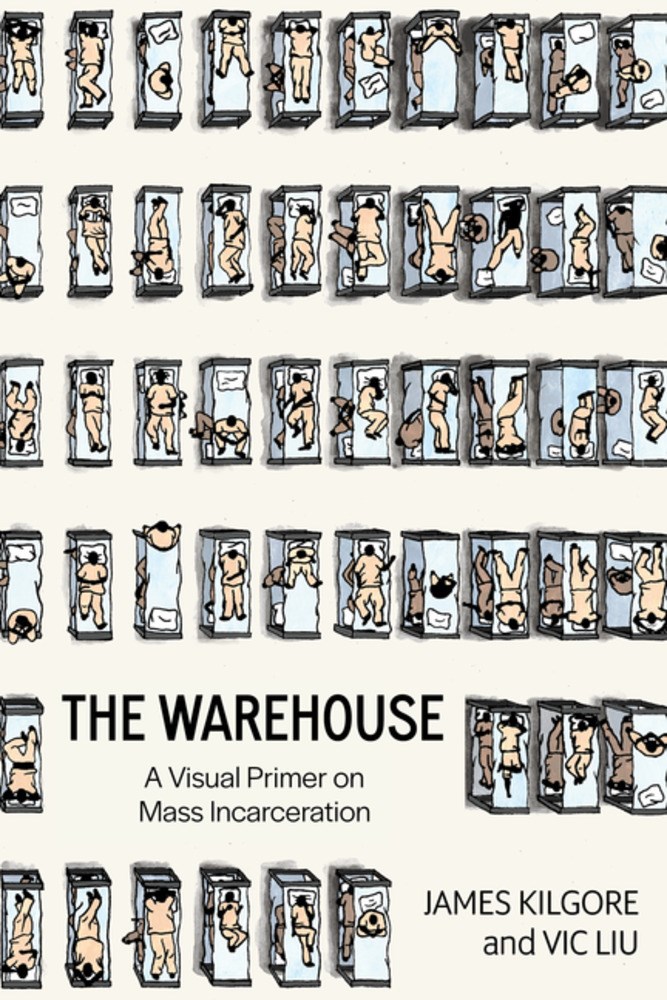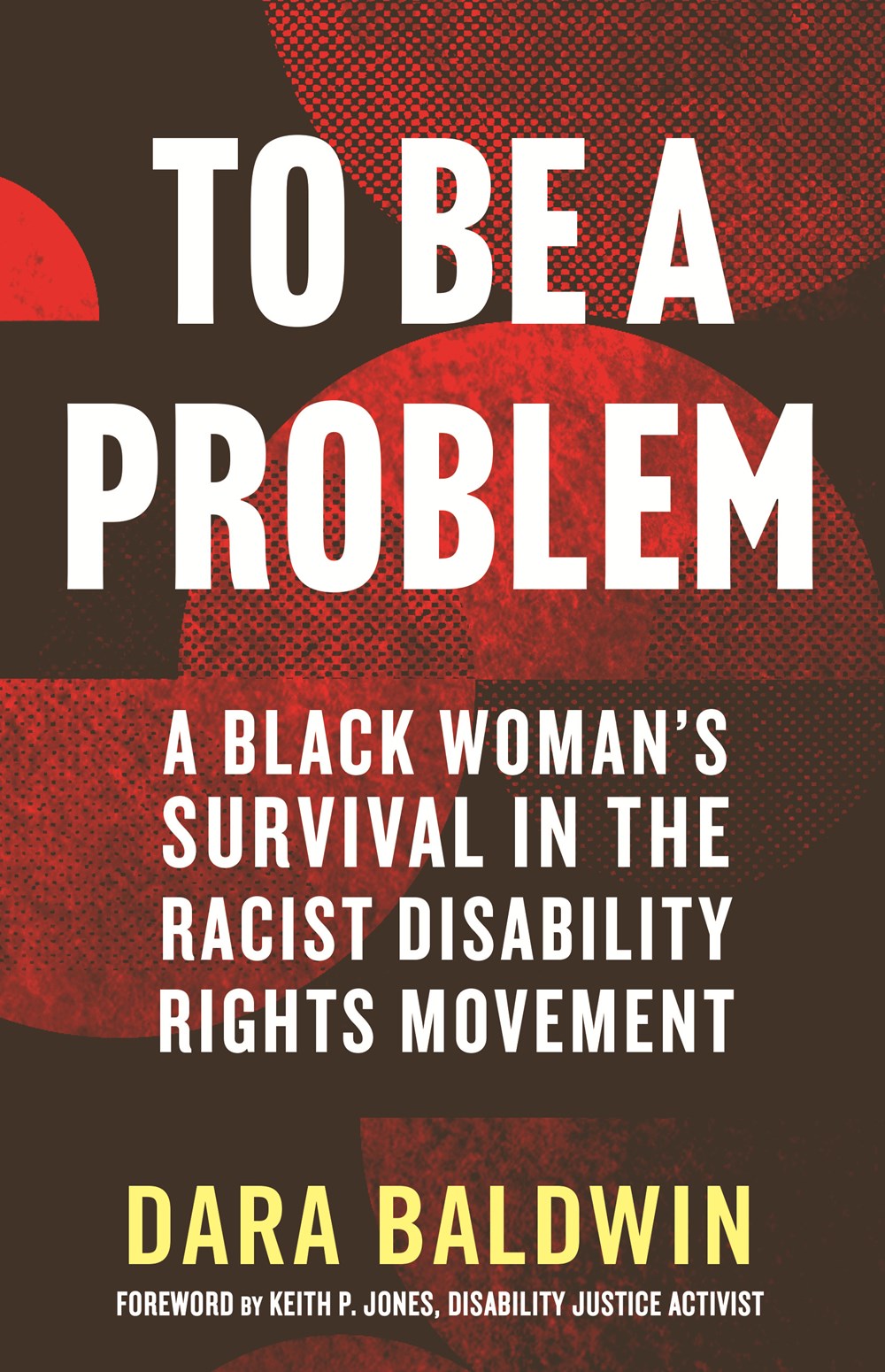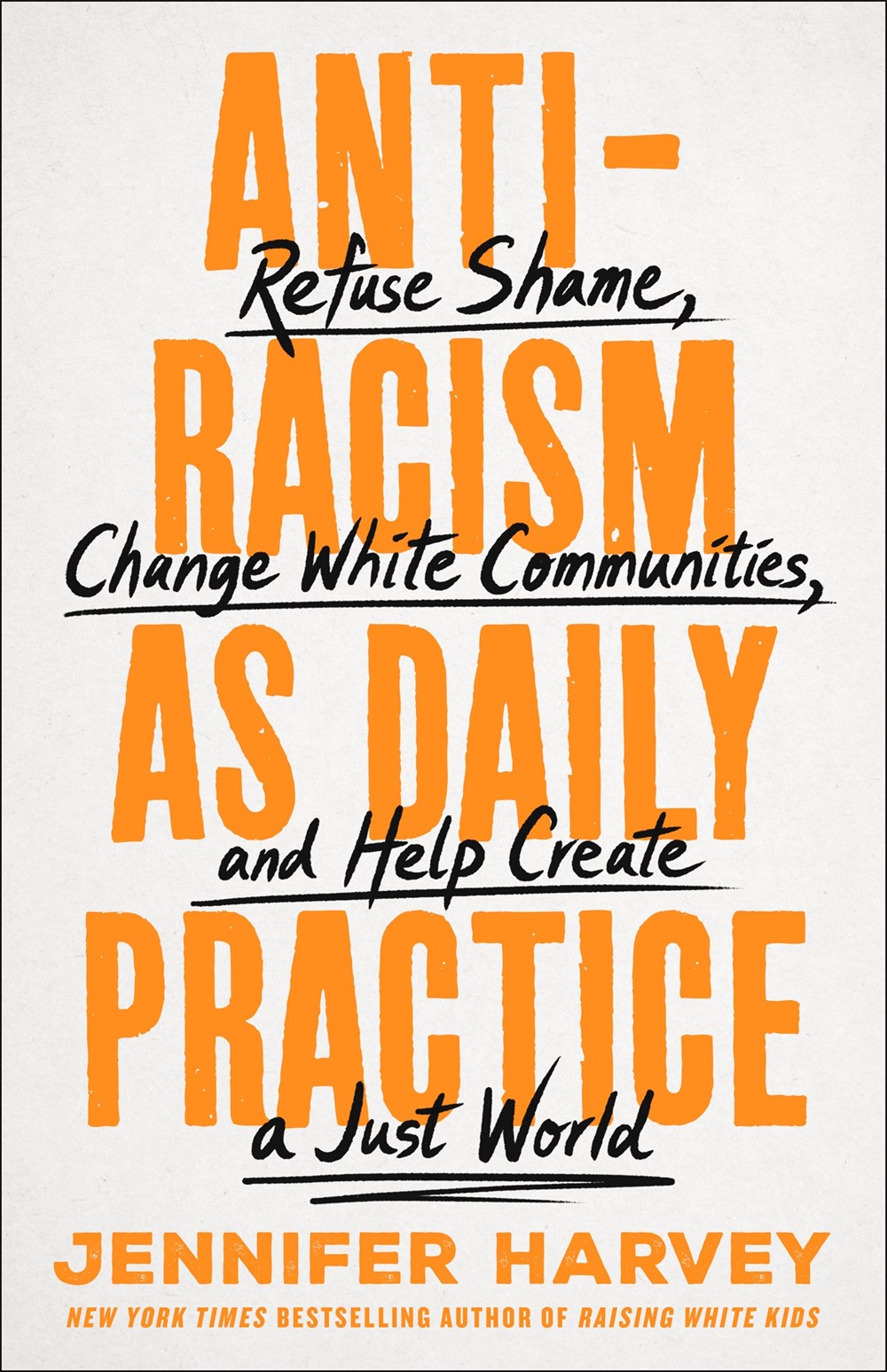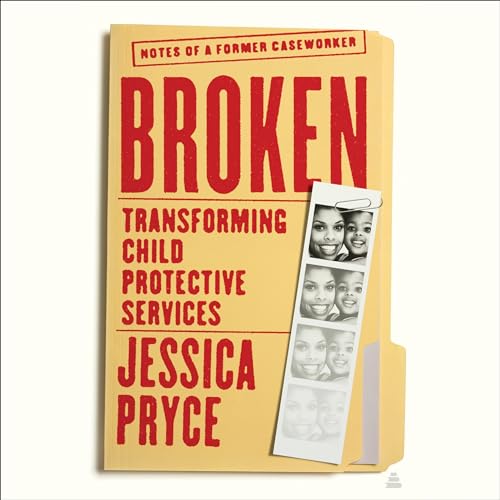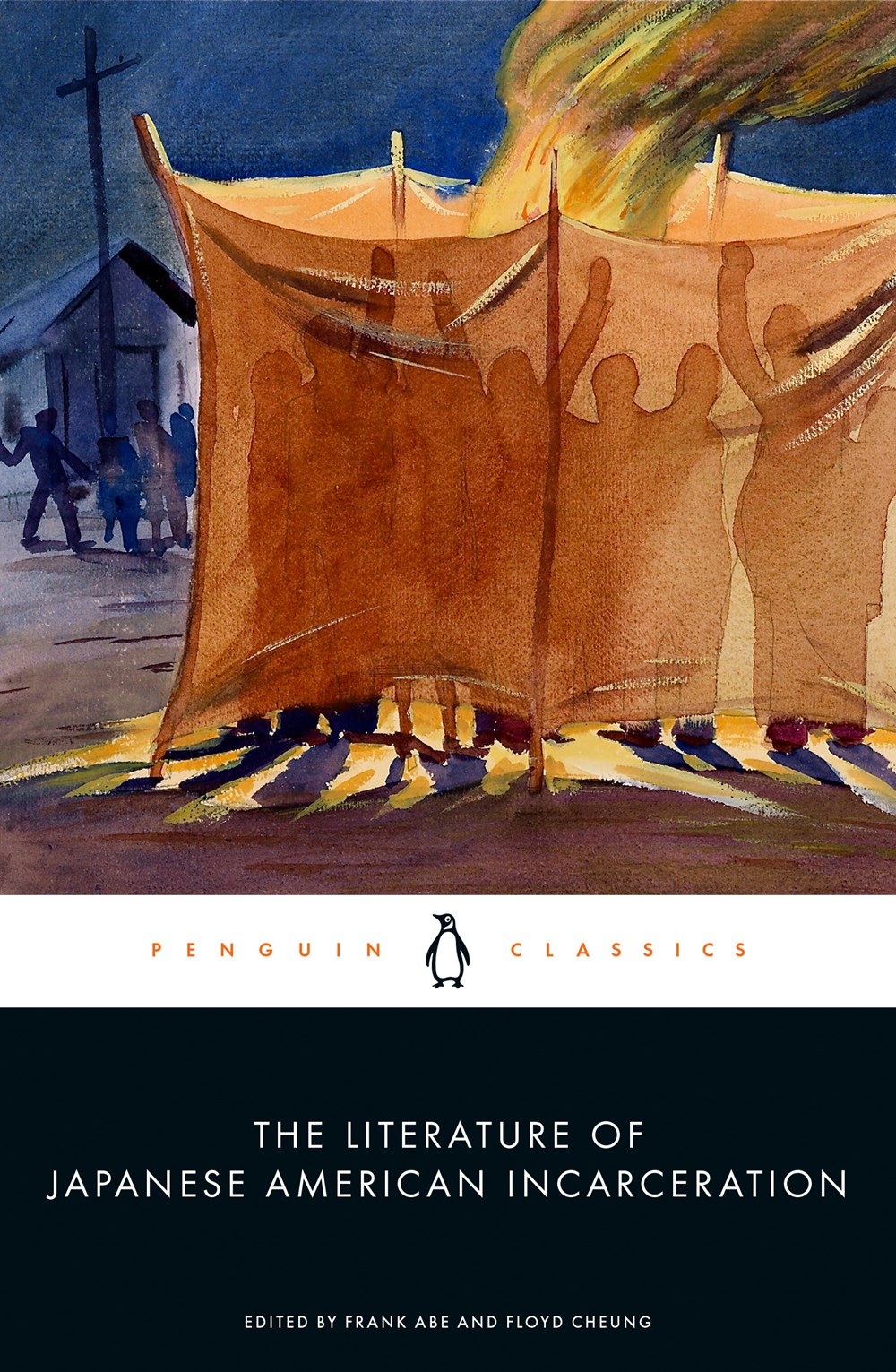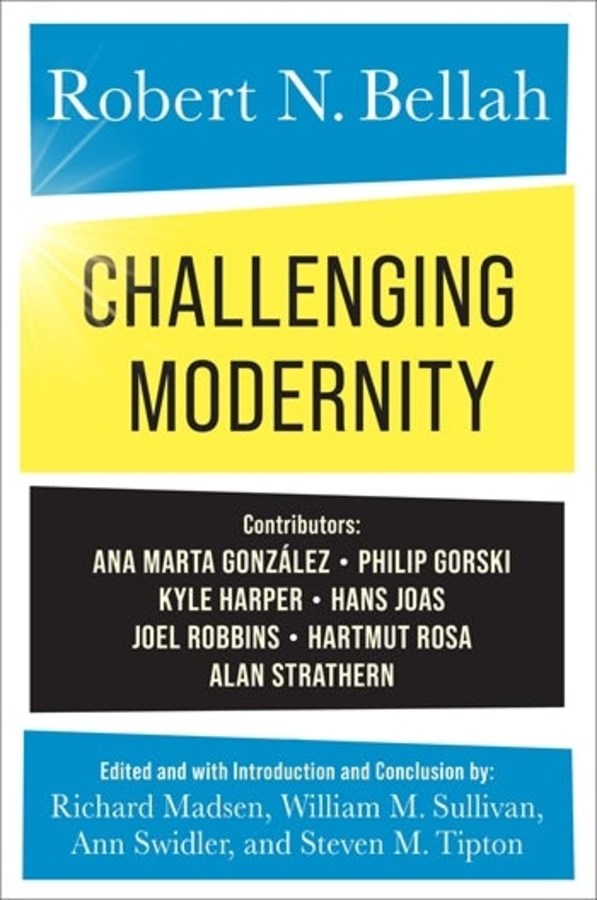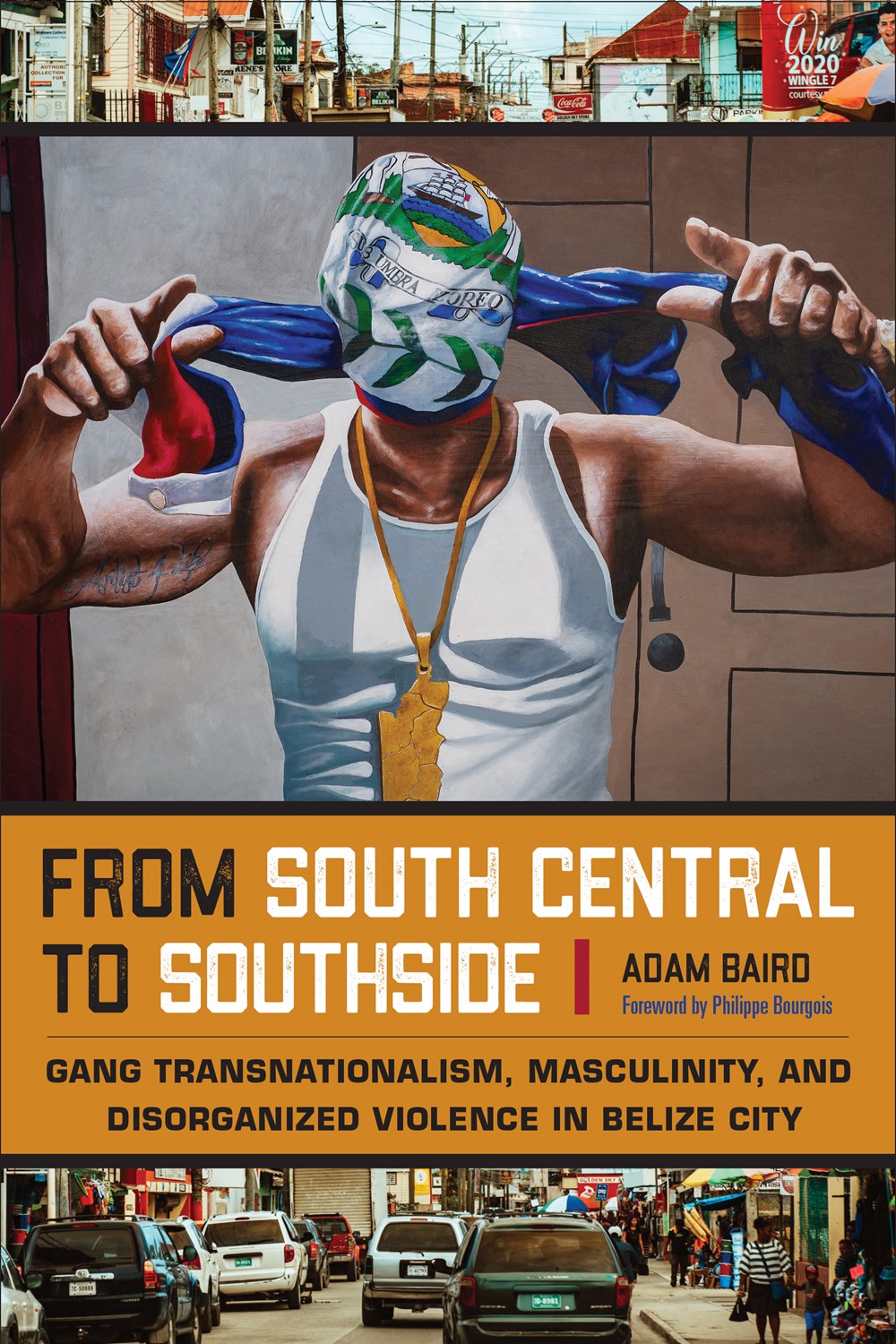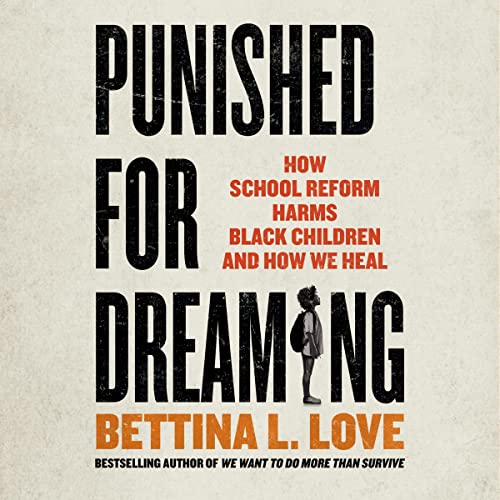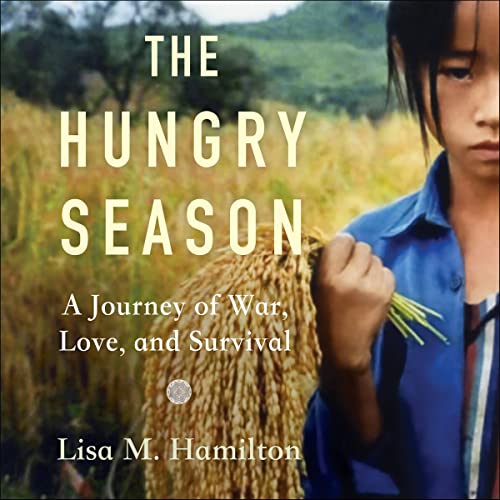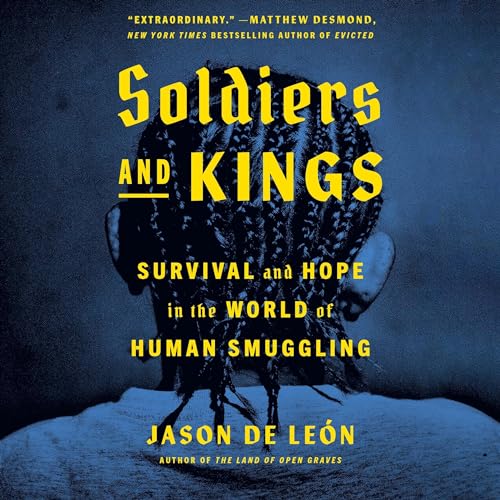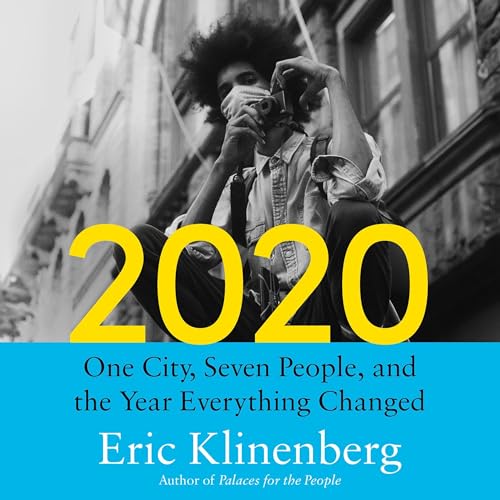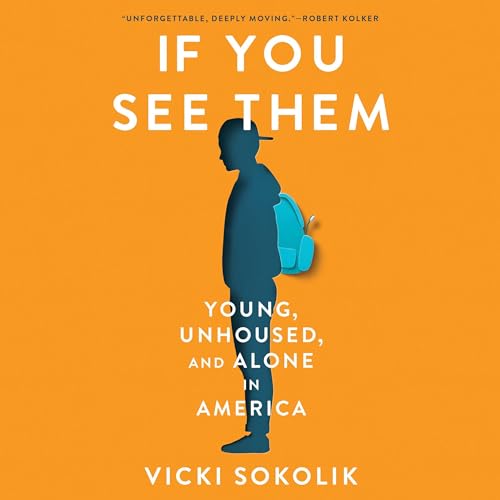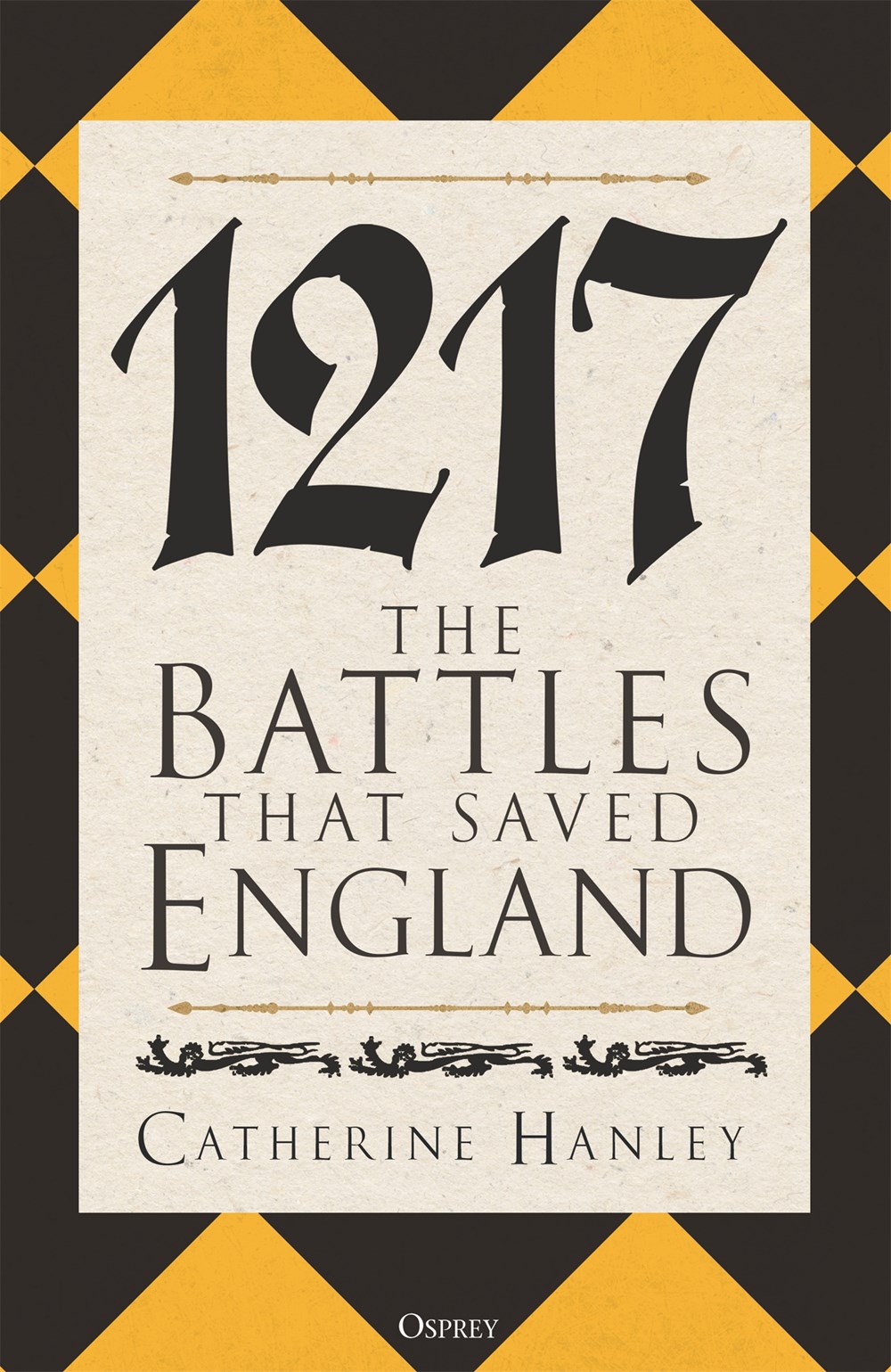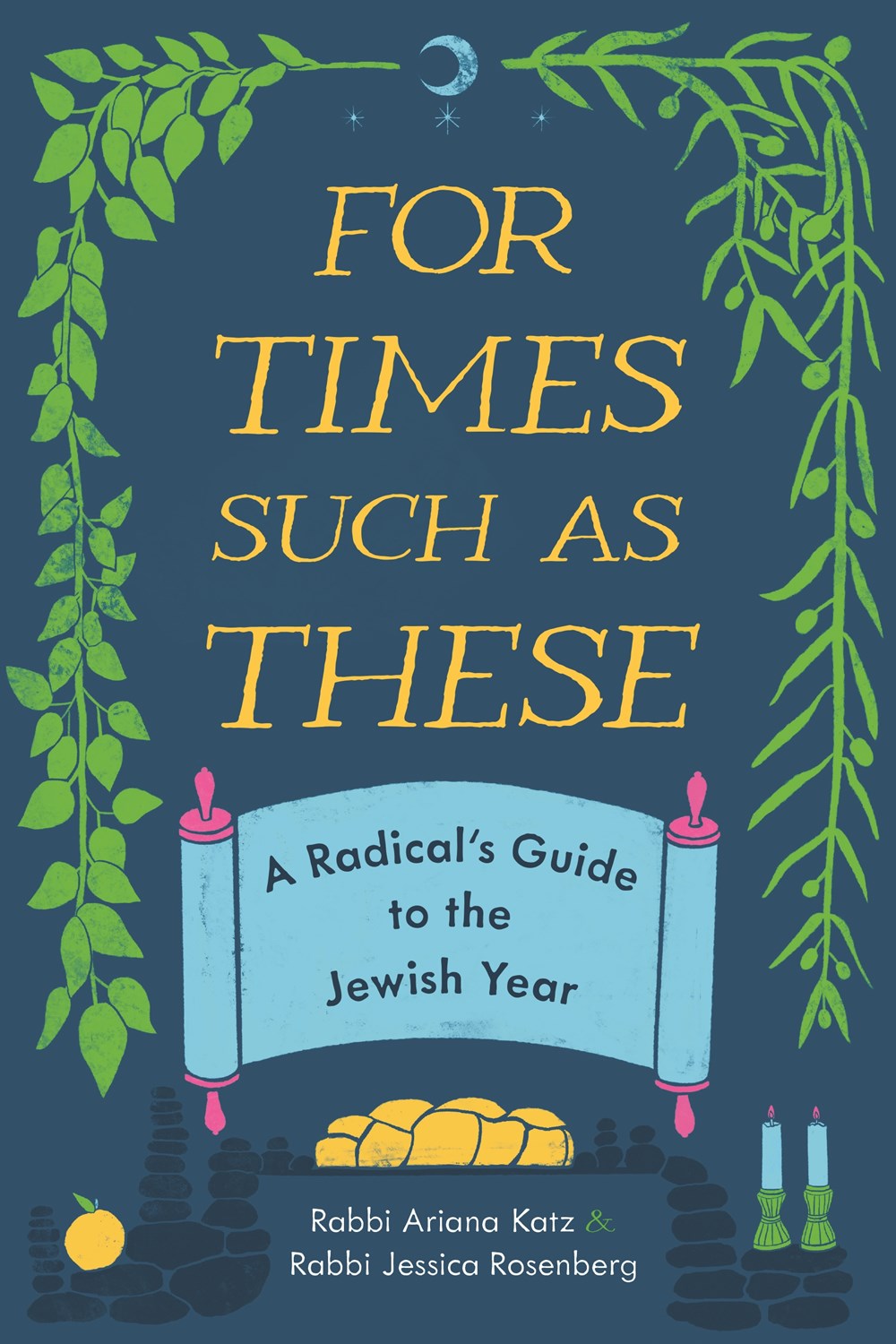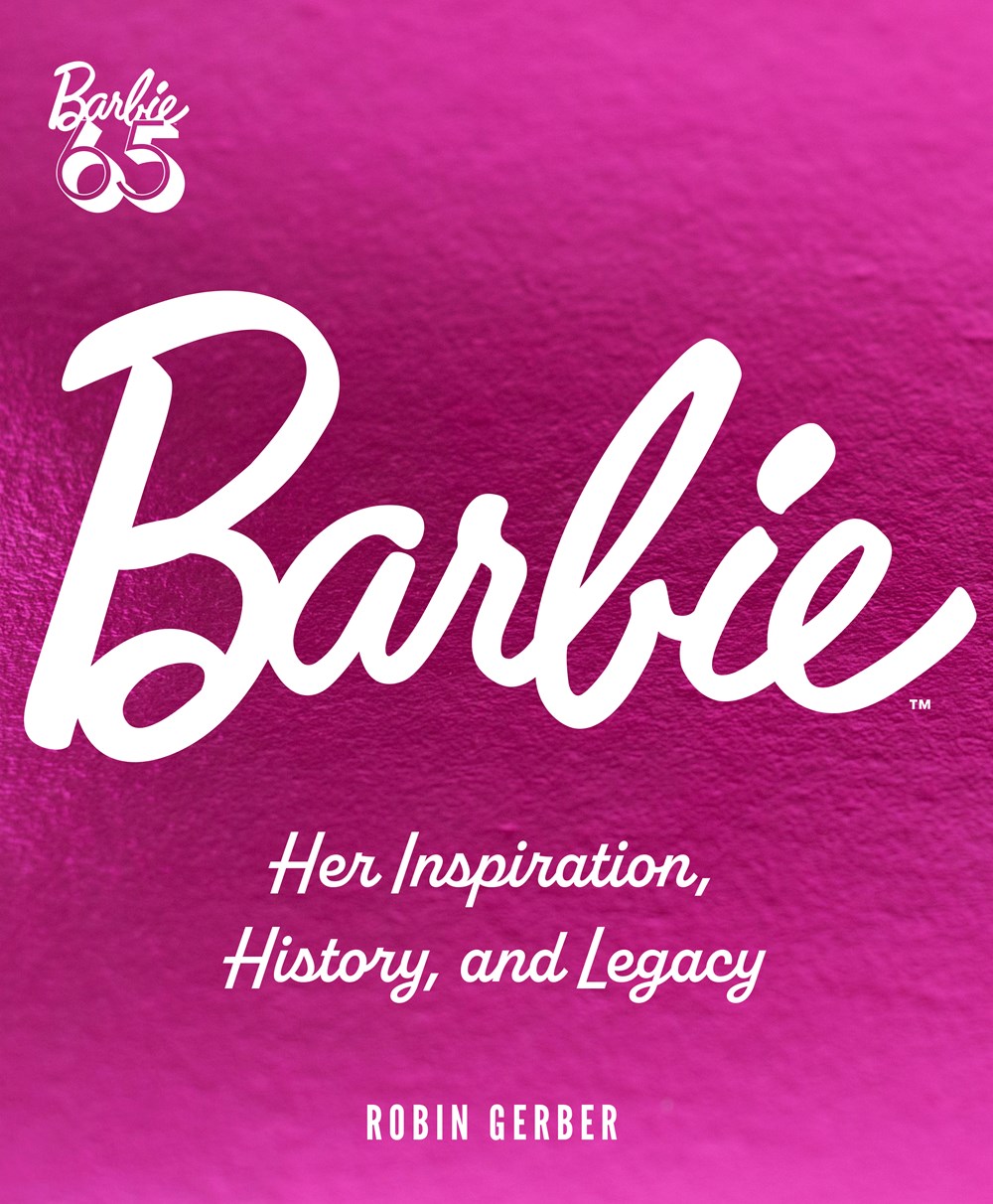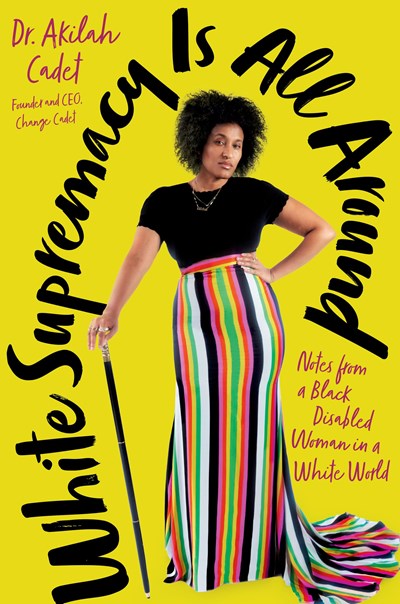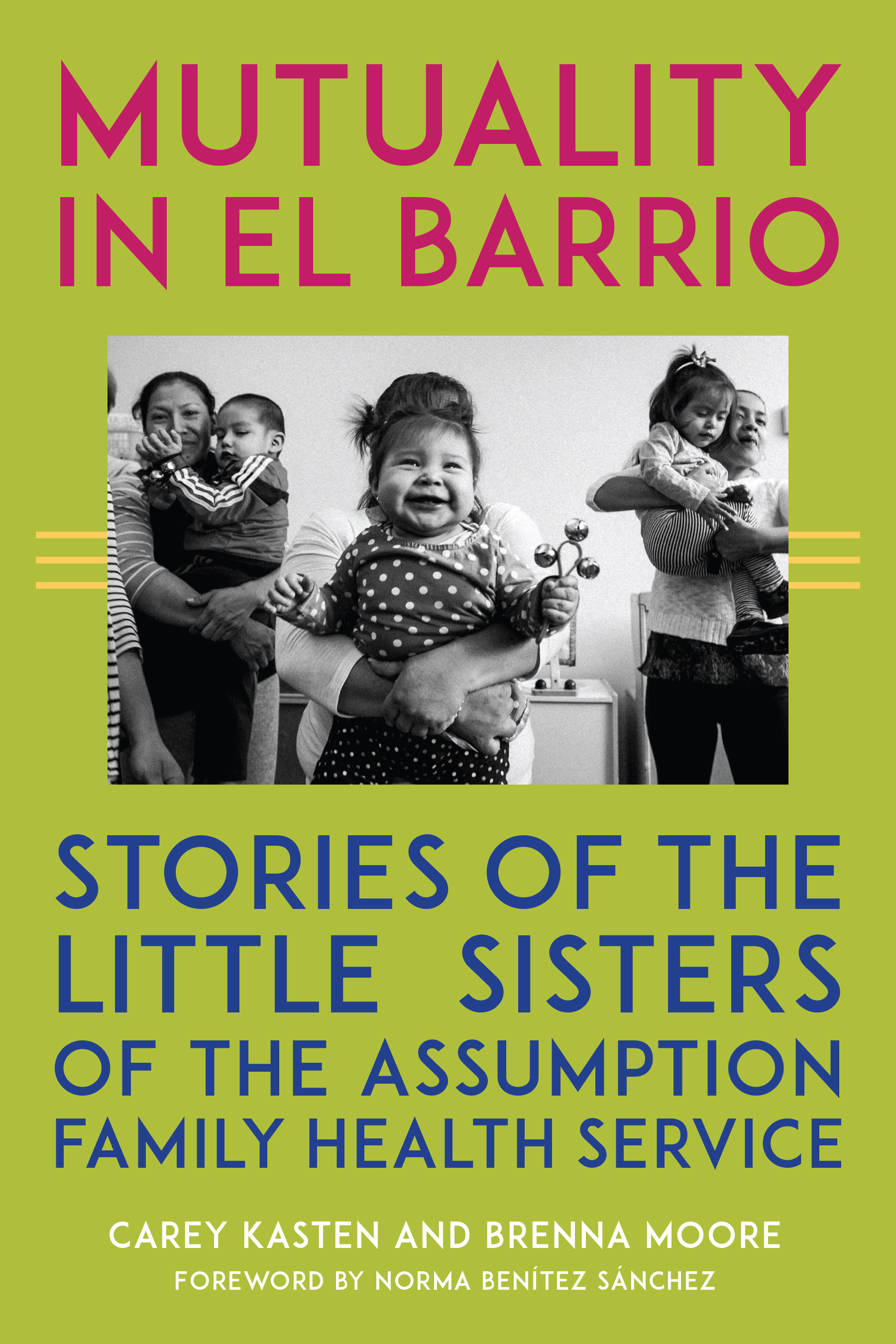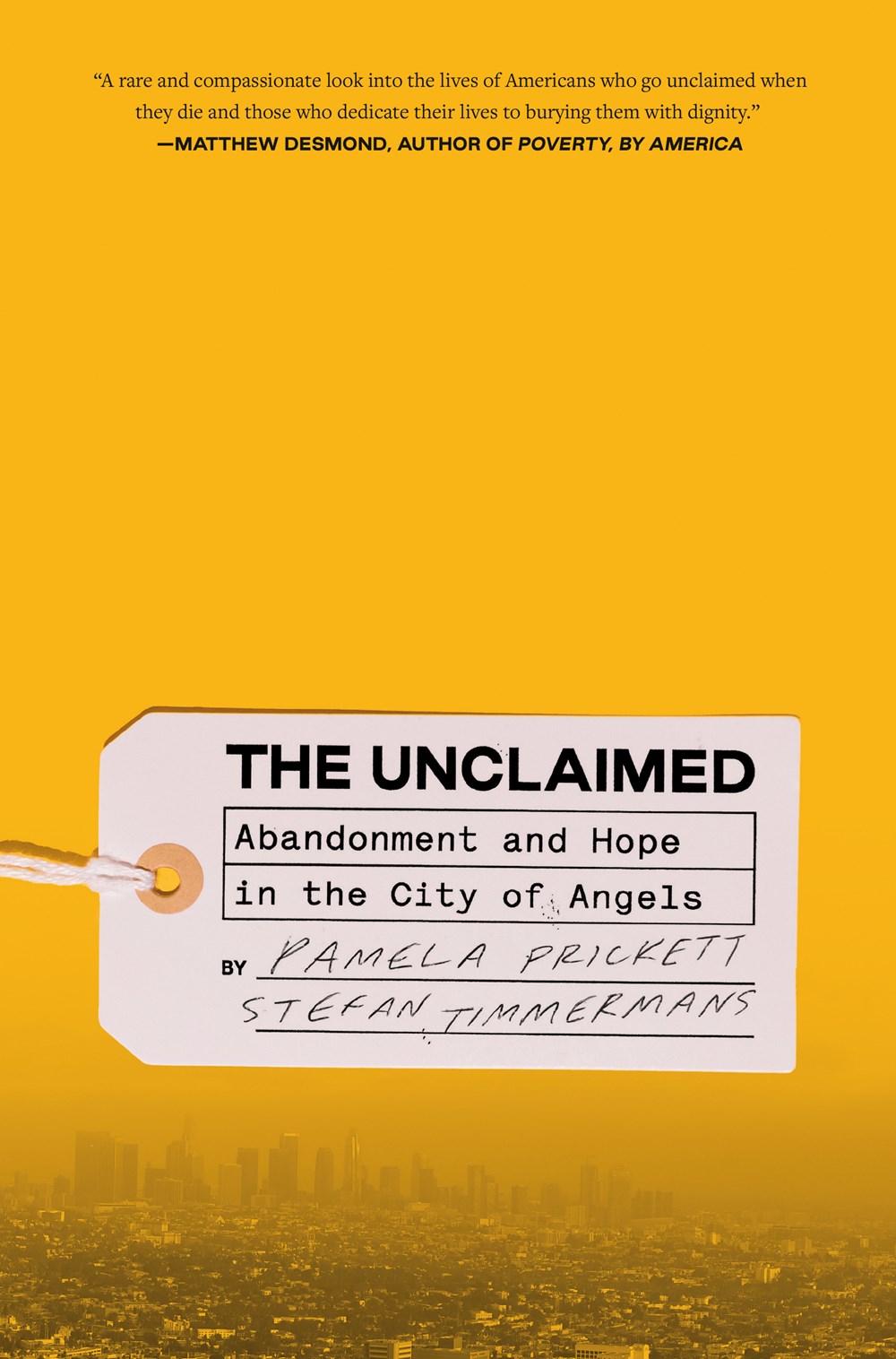Related
A vital study of retributive, rather than rehabilitative, justice that should reach a wide audience across all formats. An essential purchase.
A candid exploration of beauty, sexuality, illness, and aging viewed through the lens of one who has struggled to be good to her own body following crisis. This moving account of Gordon’s insights and commitment to treating Black trauma rings with intimacy, authenticity, and compassion.
The authors assert that humans must immediately form a position to properly integrate AI into their lives, and they argue that humanity has no other option. Some readers, however, may find that the book never quite moves beyond the realm of hypothesis.
Beautifully written, well researched, and unusual in breadth, Stein’s book ensures that these custom keepers will not be forgotten.
An absorbing study of how the body is viewed in U.S. culture. Recommended for readers interested in body image, religions, and the intersection of the two.
This book might seem relevant only to residents of places with legislation similar to Mitchell-Lama, but it expertly offers deeper insights into what drives the concept of community and how people view their personal interests in relation to the interests of their neighborhood.
This book offers a valuable lesson about the street protests and organizational efforts between rural and urban groups to fight the Monsanto law, which was overturned soon after the protests. That’s one of the many factors that make this book a powerful, hopeful work.
Fascinating and thought-provoking, Tompkins’s book will benefit academic or research libraries, along with readers who enjoy works about cultural or food studies.
Amusing and irreverent, this survey of obituaries, death rituals, and the funeral industry is a perfect recommendation for podcast fans or those who enjoyed Mary Roach’s Stiff or Sarah Murray’s Making an Exit.
Despite its narration issue, this is a must-read for both professionals and general readers seeking a deeper understanding of binge-eating disorder.
Bauer accessibly, if bleakly, conveys the scope of today’s global food crisis and recommends the systemic change necessary to solve hunger. Recommended for larger collections, both public and academic.
PREMIUM
We the Poisoned: Exposing the Flint Water Crisis Cover-Up and the Poisoning of 100,000 Americans
Listeners will find this a disturbing, eye-opening, cautionary tale, and it is a worthwhile purchase for libraries.
Insightful, but not as revolutionary as The Shallows, as Carr is now one voice among many warning about social media.
A challenging read, but incredibly well-written. This book will be an asset to any library’s LGBTQIA+ collection.
Instead of laying out a political critique, Fielder makes capitalism’s role in childbirth feel personal, underlining the emotional and ethical demands of the field. Her book offers a powerful call for more compassionate policies and practices, which highlight the importance of dignity, autonomy, and support for individuals in this profoundly personal journey.
A powerful call to action for readers who seek to understand transfeminism or to participate in broader LGBTQIA+ liberation movements.
A unique, scholarly take on fast capitalism. González challenges readers to take vigorous social actions against the religion of consumerism that’s embodied by companies such as Disney, Amazon, and Starbucks.
This critique of online dating platforms serves as a powerful wake-up call about how far society needs to go to disrupt racist narratives, stop microaggressions, and change how racist and sexist double standards are operationalized.
Cuadros offers a sympathetic, nuanced portrayal of the Cinta Larga people and their modern history; recommended for all libraries.
For readers wanting to know more about how tattoo professionals learn their trade, build their business, and develop as artists. With its discussion of the cultural aspects of tattooing, plus its images, Kiskaddon’s book will also appeal to readers interested in cultural studies.
This is an excellent introductory resource that complements the 2024 Sage Encyclopedia of LGBTQ+ Studies, 2nd Edition, edited by Abbie E. Goldberg.
A well-written book that can fit in history, social sciences, and performing arts collections and will interest audiences of varied ages.
PREMIUM
Magically Black and Other Essays
Walker’s reflections are honest with trappings of anger, regret, and growth. Readers who enjoyed his previous titles will savor this one, as will new readers, who will want to read his previous works.
Recommended for libraries with an interest in policing, social policy, privacy issues and technology.
PREMIUM
The Craft of Research
This reference guide is an accessible addition to any undergraduate reading list, but it will be particularly useful for social sciences students. It is well-written, clearly structured, and easy to read and use.
Deliberately off the mainstream, this engaging collection of intellectual, approachable essays is both a good entry point for those readers unfamiliar with Graeber’s work as well as a worthwhile read for audiences who know his writing well.
A comprehensive, cross-disciplinary study of circumcision. It might become the standard and authoritative book on this topic.
A powerful, necessary read and crucial contribution to the conversation on hunger and inequality that demands to be read with an open mind and a compassionate heart. It offers a fair, unflinching examination of the structural forces that drive hunger in the United States.
Well written and full of refreshing details, this economic picture of the early United States is a must for readers.
A fascinating and alarming look at authoritarian cooperation. Will appeal to readers interested in political science and the preservation of democracy.
A worthy read for people interested in the role sensationalized news media plays on public life and discourse.
Readers who enjoy true crime will love this chance to go beyond the headlines and discover the whole story of the horrors that landed this couple in prison. Daybell was sentenced to death; Vallow’s sentence was life without parole.
A must-listen, providing insight into the imprisonment of Japanese American people and suggesting connections to current sociopolitical battle lines. Those interested in furthering their knowledge will want to check out Only What We Could Carry, edited by Lawson Fusao Inada, or Abe’s We Hereby Refuse, coauthored with Tamiko Nimura.
The U.S. Bureau of the Census predicts that by 2060, one in three Americans will claim Latino heritage. Their story is an American tale that deserves to be heard.
This nuanced work on the history of museums addresses debates about cultural appropriation and offers solutions to help museum workers become more adept at addressing colonial legacies. A good pairing with Bénédicte Savoy’s Africa’s Struggle for Its Art, which describes African nations’ attempts to repatriate looted artworks.
The history and cultural perpetuation of disordered eating, especially in women, are deeply, compellingly explored. A must-buy.
A sharp, well-researched critique aimed at politically active readers who want to better understand why people believe what they believe.
Intriguing and meticulously researched, this book about Catherine of Braganza is highly recommended for readers interested in British history and royal biographies.
King loves his music and knows his history. The result is a lively, informative book on the birth and nurture of a classic.
This deeply researched and engaging account shines a light on a vital but little-known aspect of intelligence gathering. Readers interested in World War II espionage and the role scholars have played in surveillance and reconnaissance campaigns will enjoy this volume.
This gripping title will appeal to readers interested in how the lives of people with disabilities are impacted by architecture, access, clothing, employment, transportation, and mobility. It will also interest people working with or providing services as caregivers, social workers, think tanks, and more.
A book about language, built by a skilled architect employing the most artful uses of words. This thought-provoking book is a lovely addition to any collection.
A vivid and comprehensive discussion about women’s fight for freedom against the ruling class’s control of style and fashion. Recommended for listeners interested in fashion’s evolution and the impact glamor has on culture.★
PREMIUM
I Curse You with Joy
A book that begs to be listened to rather than read. Haddish’s exceptional performance will bring immense pleasure to established fans and win over new ones as well. An essential purchase for all memoir collections. The Grammy nomination for The Last Black Unicorn is a testament to her talent.
This audio will appeal to listeners seeking a fast-paced story of social media malevolence and manipulation. Recommended for fans of nonfiction that reads like fiction, such as David Winkler’s The Arrangement.
This eye-opening challenge to the traditional canon of North American history is highly recommended for any library.
Soep’s lack of experience as a narrator is outweighed by her voice’s emotional resolve. This poignant memoir will resonate with anyone familiar with grief and loss.
A funny and engaging work that should appeal to fans of comedy memoirs and conversational podcasts, but those seeking true self-help on the art of small talk may want to look elsewhere.
The two friends have produced an intertwined composition that invites readers to step inside and live with them for a while. This would be a lovely addition to all collections.
This important, insightful book urges readers to push beyond political or popular rhetoric to address the unconscionable human and social costs of a misguided and dehumanizing system of injustice.
A frank critique of the disability rights movement. Recommended for readers interested in activism and social justice.
PREMIUM
Antiracism as Daily Practice: Refuse Shame, Change White Communities, and Help Create a Just World
A worthy addition to the canon of antiracism literature. This titles comes with a necessary focus on the importance of self-reflection, self-assessment, and action.
Readers will never look at animal rescue the same way again after reading this thoughtful and powerful behind-the-scenes look into the animal welfare world.
This essential purchase accurately captures the pulse of the conversation about gender in the United States, expands awareness and knowledge about gender, and educates readers about common myths and misinformation.
An accessible examination of the U.S. concentration camps that held people solely because of their race and heritage, plus a look at how they impacted society and generations to come. Important for both researchers and students.
PREMIUM
Challenging Modernity
This provocative volume is wide-ranging, and the contributors do not disappoint. Although neither Bellah nor the contributors offer a definitive conclusion, the scope, depth, and coherence of this collection is a brilliant elaboration of what might have occurred.
Required reading for activists, legal professionals, and public officials. It’s sure to be assigned in seminars and college classrooms for years to come.
This exceptional book’s stories of plagiarism showcase persistence and the insidious and enduring ways in which sexism informs and shapes the contemporary world. Murphy will motivate readers to challenge stereotypes.
This inciting, empowering book shows the clear need not just to improve women’s access to health care but also to shift the paradigm about the restrictions placed on reproductive rights.
This compellingly narrated account of unjust and racist educational policies sounds a clarion call for economic restitution and educational reform. A must-listen for those seeking knowledge of educational history and hoping for a more equitable future.
A compassionately drawn portrait of an indomitable woman determined to maintain ties to her people through the life-giving, memory-sustaining power of rice.
Listeners will learn how smugglers’ lives parallel those of the would-be immigrants who enter the U.S. every year. De León vividly depicts how both groups are part and parcel of a dangerous global industry in pursuit of greater economic opportunity.
An epic account of a pivotal year, told convincingly through the thoughtful interweaving of personal stories and public facts.
Absorbing and urgent, Sokolik’s debut is recommended especially for large public libraries serving unaccompanied unhoused minors and young adults.
A thoughtful, insightful, recommended collection of essays on Palestinian experiences that connects history with contemporary societies.
This highly recommended title about Rehoboth Beach, DE, is a tour de force of micro history at its best. Both scholars and general readers will appreciate it.
Will appeal to readers researching DEI. This interdisciplinary work for think tanks, academics, faculty, and graduate students is most useful as a treatise.
An insightful look at a key but underrecognized moment in English history. History buffs will love it.
An enlightening collection of essays that will appeal to readers interested in the history of Black comedy.
This resource offers nuanced insights and facilitates engagement with the complexities of power and corruption in literature. A worthy addition to the series and a valuable tool for researchers and academics on this subject.
PREMIUM
Current Biography Yearbook 2023
An outstanding and invaluable resource that remains the leader in reference options for biographies of living and recently deceased people.
This satirical conspiracy-theory book makes a fun addition to collections. Give to fans of other quick, funny, satirical reads such as The Donald J. Trump Presidential Twitter Library by The Daily Show with Trevor Noah team.
A fascinating look at alternative landownership practices. Recommended for readers interested in economics, the environment, and issues of inequality.
PREMIUM
The Bonnet
A beautiful lived history lesson that’s a haunting addition to women’s and gender studies collections.
A highly recommended, educational, and welcome contribution to the literature about Jewish traditions. The authors’ extraordinary guide to combining those rituals with everyday activism practices is what sets this resource far apart from others.
A valuable read for all. This title not only calls out the white supremacy that continues to oppress communities of color but it also provides a prescription for real change.
Required reading that expertly covers the ways in which social constructions, sexualization, and economic viability influence people’s views of bodies, their own and others’.
PREMIUM
Mutuality in El Barrio: Stories of the Little Sisters of the Assumption Family Health Service
Highly recommended for collections supporting sociologists, social workers, social justice research, and the study of grassroots and nonprofit organizations.
This title urges readers to care (in life and in death) about the disturbing number of Americans who go unclaimed each year.
PREMIUM
Big Mall: Shopping for Meaning
The best up-to-date study on malls. For general readers, especially those interested in sociology and capitalism-related topics.
This highly recommended work about anthropological museums and creating culturally appropriate exhibits challenges preconceptions and encourages readers to think critically about this complex and important issue.
An informative and entertaining account of medieval travel that will be appreciated by readers of both popular history and travel stories. Those more interested in relics should consult Patrick J. Geary’s Furta Sacra.
A significant contribution to the debate on the making of modern sexualities and an essential read for historians and serious students of premodern European history. Both general readers and scholars will undoubtedly come away with new insights from this meticulously researched and argued book.
This book traces the elisions and obfuscations in Ilf and Petrov’s story and the political and humorous motivations they may have had for doing so. Questions of politics, art, commerce, identity, and how Soviet citizens perceived themselves in relation to Americans make for a fascinating story. It’s somewhat academic, but this book is a must for readers interested in Soviet, American, or Jewish history and radical politics.
articles
ALREADY A SUBSCRIBER? LOG IN
We are currently offering this content for free. Sign up now to activate your personal profile, where you can save articles for future viewing
